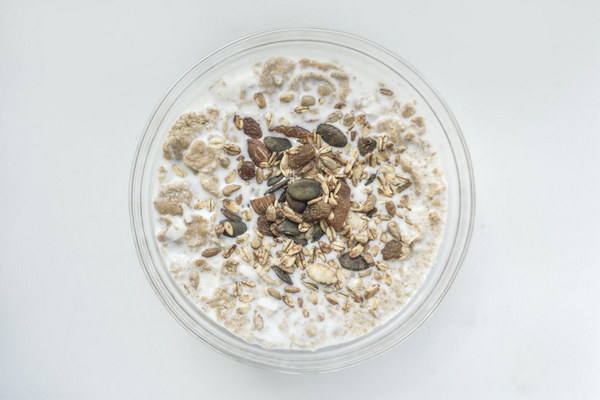Unlocking the Power of Ginger Powder A Natural Remedy for Dampness and Cold
Introduction:
Ginger, a popular spice that adds a zesty flavor to our favorite dishes, has been revered for its numerous health benefits for centuries. But did you know that ginger powder, the dried, powdered form of ginger, can also help in combating dampness and cold? In this article, we will explore the potential of ginger powder in alleviating dampness and coldness, its traditional uses, and scientific backing to support its effectiveness.
The Concept of Dampness and Cold:
In traditional Chinese medicine (TCM), dampness and cold are two key factors that contribute to various health issues, including fatigue, joint pain, and digestive problems. Dampness refers to an excess of fluid in the body, which can lead to a feeling of heaviness and discomfort. Cold, on the other hand, refers to a deficiency of heat, which can result in aches, chills, and weakness.
Ginger Powder: A Natural Remedy for Dampness and Cold?
Ginger powder, derived from the root of the ginger plant, has been used in TCM for centuries to address dampness and cold. Its active compounds, gingerol and shogaol, are believed to have anti-inflammatory, antioxidant, and thermogenic properties, which can help in alleviating dampness and coldness.
1. Anti-inflammatory Properties:
Gingerol and shogaol in ginger powder have potent anti-inflammatory effects, which can help reduce swelling and inflammation associated with dampness and cold. This, in turn, can alleviate symptoms like joint pain, muscle soreness, and water retention.
2. Antioxidant Properties:
Ginger powder is rich in antioxidants, which can help combat free radicals in the body. By doing so, it may enhance the immune system, making it easier to fight off infections and reduce the risk of dampness-related illnesses.
3. Thermogenic Effects:
Ginger powder has thermogenic properties, meaning it can increase the body's metabolism and promote heat generation. This can be beneficial in cases of cold, as it helps to warm the body and alleviate chills.
Traditional Uses of Ginger Powder:

In TCM, ginger powder is used in various forms, such as teas, soups, and herbal formulas, to address dampness and cold. Some common traditional uses include:
- Ginger Tea: A cup of ginger tea can help warm the body, alleviate chills, and improve digestion.
- Ginger Soup: Adding ginger powder to soups can help reduce dampness and coldness, particularly in individuals with weak constitutions.
- Herbal Formulas: Ginger powder is often combined with other herbs to create customized remedies for specific health concerns.
Scientific Backing:
While traditional uses of ginger powder in TCM have been well-documented, scientific research is also supporting its effectiveness in combating dampness and cold. Some studies have shown that ginger powder can:
- Reduce inflammation: A study published in the Journal of Ethnopharmacology found that ginger extract reduced inflammation in rats with rheumatoid arthritis.
- Enhance immune function: Another study, published in the Journal of Medicinal Food, demonstrated that ginger extract could boost immune system activity in mice.
- Alleviate nausea: Ginger powder has been found to be effective in reducing nausea and vomiting, as seen in a study published in the journal Gastroenterology.
Conclusion:
Ginger powder, with its anti-inflammatory, antioxidant, and thermogenic properties, can be a natural remedy for dampness and cold. While more research is needed to fully understand its effects, traditional uses and scientific studies suggest that ginger powder can help alleviate symptoms associated with dampness and cold. Incorporating ginger powder into your diet, either through tea, soup, or other recipes, may provide relief and promote overall well-being.









